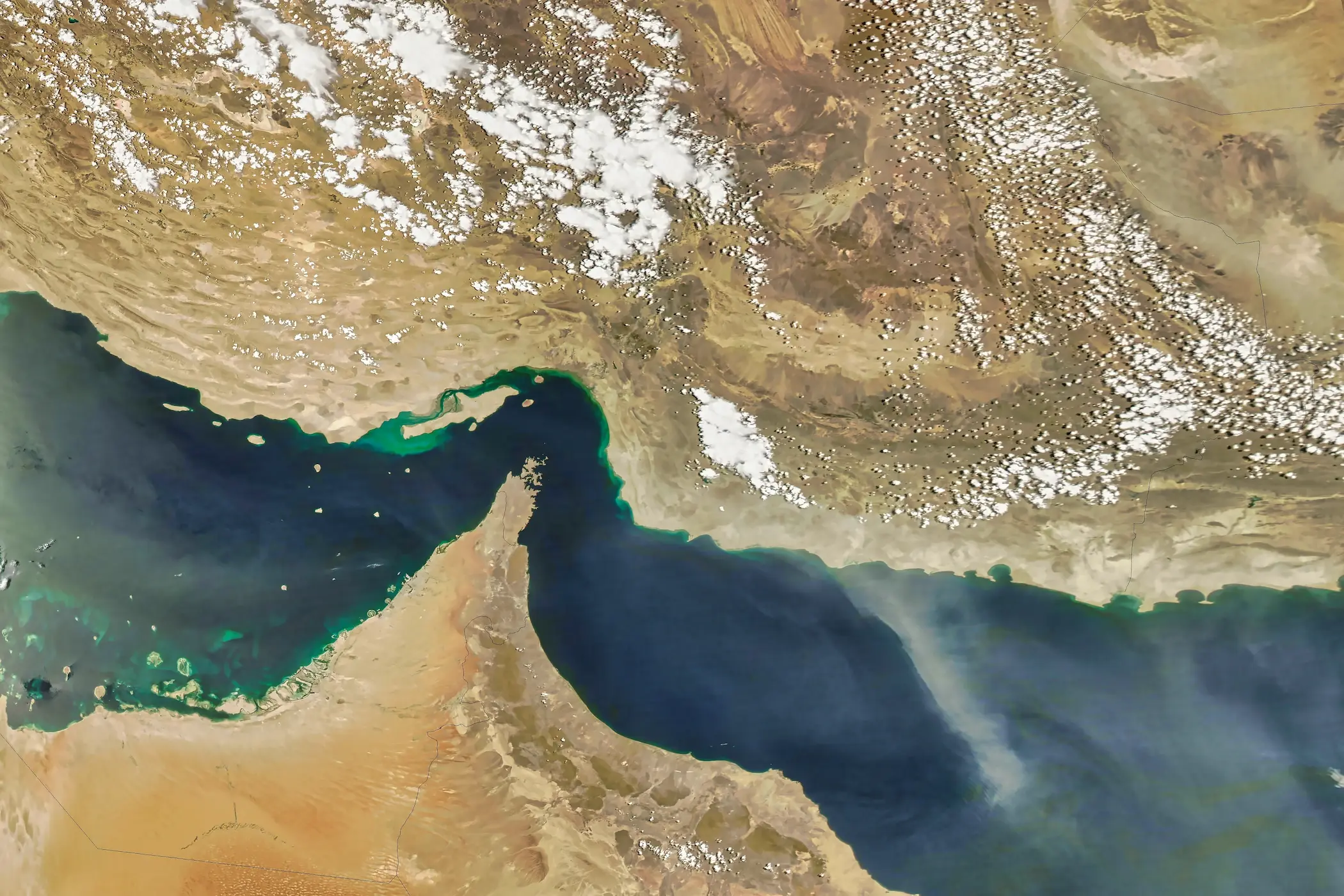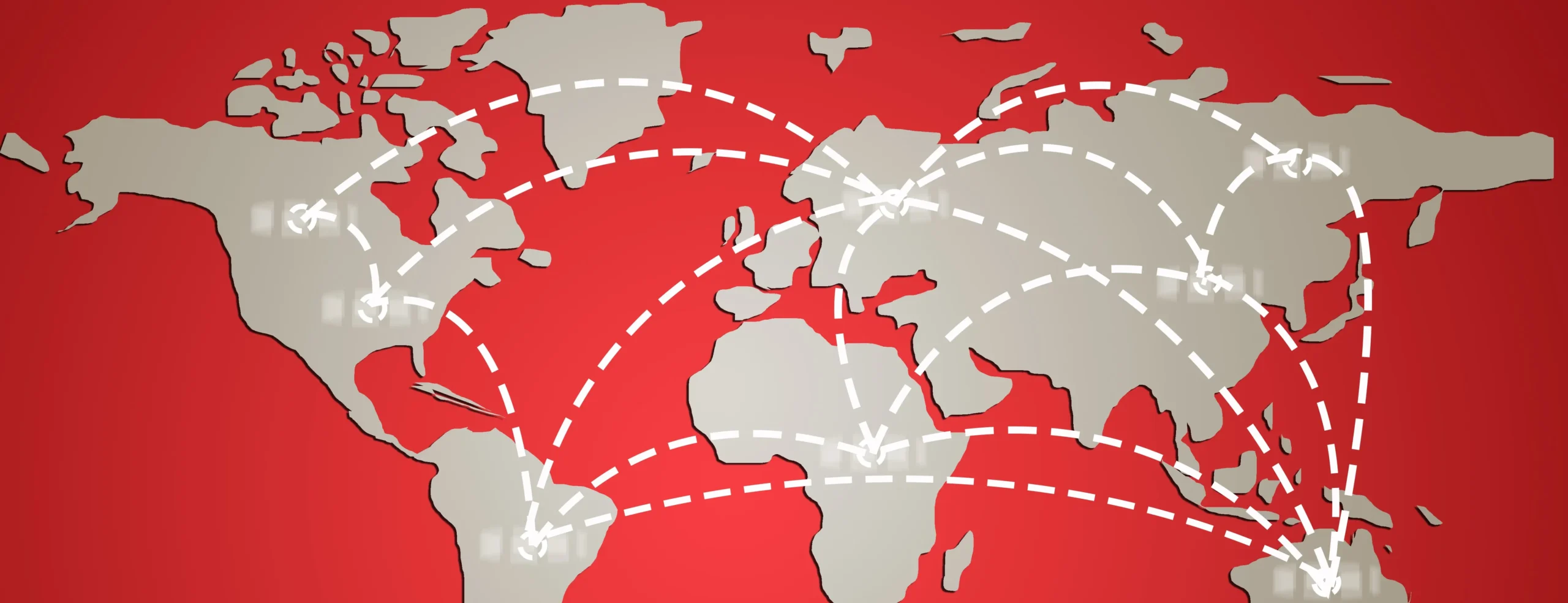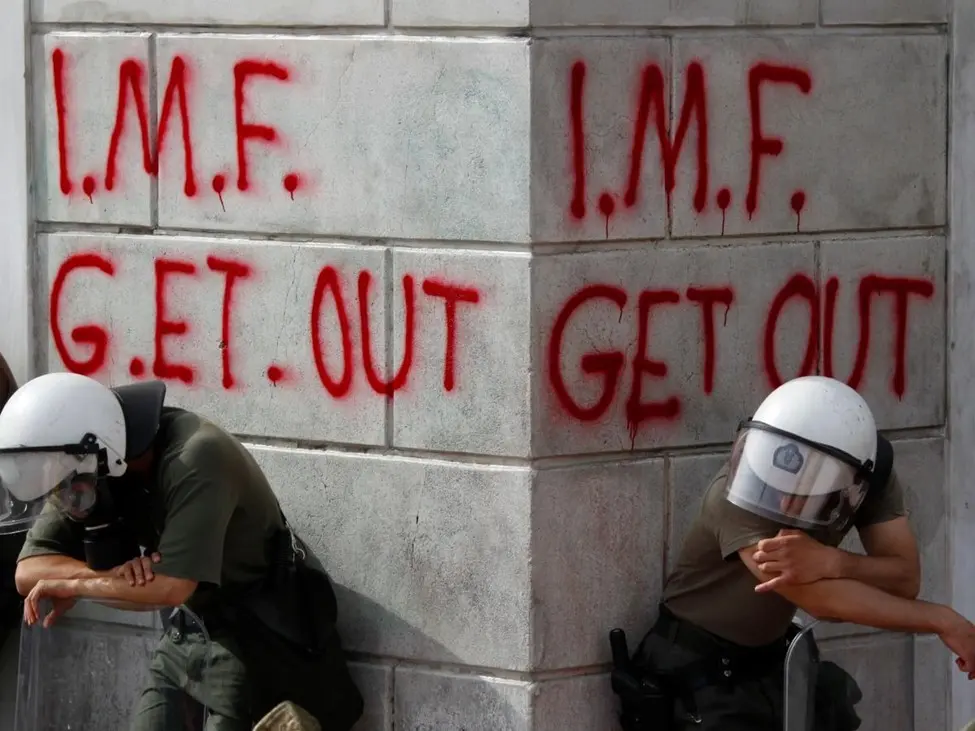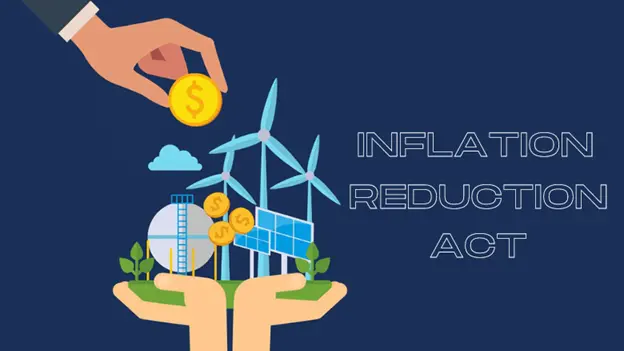The stakes are high at the upcoming UN Climate Change Conference (COP28), which will be hosted in the United Arab Emirates in November 2023. The United Nations’ Intergovernmental Panel on Climate Change’s (IPCC) latest publication on the state of climate in the world, the Sixth Assessment Report, warns that countries are way off track to limiting warming to 1.5 degrees above pre-industrial levels to avoid the worst impacts of climate change. The science clearly shows it is no longer a question of “if” human activities are the main cause of the disruption to nature - they certainly are - but there is also explicit evidence that we also have affordable and effective solutions that require immediate action and a serious commitment to changing our energy system. While past COP summits have attempted to reach consensus and binding international agreements on emission reduction strategies and goals, previous IPCC reports have repeatedly stated that climate plans need to be more ambitious. Despite this, countries are still lagging behind, even on the goals that are considered insufficient. With this, a number of pressing issues are expected to be at the forefront of the Dubai COP.
Global Stocktake & Net Zero Targets
One of the most anticipated outcomes of COP28 is the first ever global stocktake which will specify what countries and stakeholders are doing or failing to do to meet their Paris Agreement commitments. The Global Stocktake process, a two-phase technical assessment, began at COP26 and will conclude in June 2023 with findings due to be presented at COP28. The technical assessment, which includes in-person dialogues, focuses on mitigation, adaptation and implementation and support. However, while the process appears to be structured and organized with clear tangible inputs (including the state of greenhouse gas emissions, overall progress made by countries to achieve their Nationally Determined Contributions (NDCs) and finance flows), the outputs and outcomes of the stocktake are less clear. Ideally, one of the outcomes would be for countries to strengthen their NDCs however this was an unresolved challenge at COP27, mainly due to a lack of access to finance which is another critical issue.
Nonetheless, the UAE seems determined to raise the bar for climate action and demonstrate its ability to push for change. At a roundtable discussion hosted by the International Energy Agency, COP28 President, Sultan Jaber, clearly stated that “the world needs to cut emissions by 43% in the next seven years to keep 1.5 alive.” The political momentum that Jaber is mobilizing ahead of the summit signals that some important and course correcting decisions can be expected, including those regarding emissions reductions.
Climate Finance
Climate finance is one of the most contested parts of the climate debate among policy and decision makers and is emerging as a key focus point of the Dubai COP. An independent analysis conducted by the London School of Economics and Political Science identified three investment priorities for climate finance; accelerating the energy transformation, investments in resilience to protect lives and livelihoods and third, investments to enhance biodiversity and conserve ecosystems. Regarding energy transformation and just transitions, many countries are already planning their strategic partnerships and opportunities for collaboration. Furthermore, building on COP27’s achievement of establishing the Loss and Damage fund, created to cover costs that cannot be prevented by mitigation or adaptation, COP28 is expected to make progress on negotiations about operationalizing the fund. On this front, there is also a steady push for more equality in the process of obtaining loans and other financial assistance to adapt to climate impacts. Barbados Prime Minister Mia Mottley is pioneering this movement with the Bridgetown Initiative which aims to address the specific financial needs of countries that are particularly vulnerable to climate change. A meeting hosted by French President Emmanuel Macron is also expected to take place in June to discuss this agenda in preparation for the COP.
In alignment with this, the COP28 head recently stated that banks need to make climate finance more “available, accessible and affordable”. Mia Mottley has commended these efforts and stated that Jaber’s efforts to “build consensus” regarding finance for developing countries were essential for propelling a much needed turning point. In response to calls for reforms within financial institutions and multilateral development banks (MDBs), leaders such as the World Bank President are currently exploring different approaches to create the necessary reforms that would allow for a shift in priorities towards the public good. According to the LSE analysis, investments from MDBs would have to triple to $180 billion by 2025 to reach the necessary scale of action in complementarity with the private sector and public infrastructure support. Also on the list of initiatives that will be addressed, and that require climate finance, is the plan to establish global early warning systems for all by 2027. This plan was announced at COP27 and calls for new targeted investments of $3.1 billion between 2023 and 2027.
Balancing Act
Despite controversy surrounding the presence of oil and gas lobbyists at the previous COP27, COP28 is also expected to see a similar presence. This is not only the result of the mass expansion of those sectors in the UAE, Saudi Arabia and Qatar, who have been named top 3 for expansion in 2023, but also considering the ongoing expansion of energy partnerships and agreements globally. While the war in Ukraine and resulting energy crisis has led to more serious consideration of and investment in the move towards renewable energy, it has also led to an increase in activity, with fossil fuel companies having their most profitable year in 2022. Still, the renewable energy sector is also expected to have a strong voice at COP28, coming particularly from the private sector which the summit’s presidency has stated needs to have a bigger role. The question is if the conflicting interests between both sectors can be reconciled and if there will be space to discuss the phasing out of the fossil fuel industry as that will likely be a top priority for many participating stakeholders, especially outspoken environmental and civil society organizations.
As the question of “phasing out” fossil fuels grows louder ahead of the climate summit, world leaders are starting to acknowledge the inevitable transition in their statements and pledges; using terminology that appears to be ambitious but perhaps only conceals the deep ambiguity of their plans. On April 16th 2023, the G7 countries pledged to “accelerate” their “exit” from fossil fuels in all sectors to achieve net zero by 2050. They did not however set specific deadlines to halt new coal investments, their commitments still held back by global supply squeezes caused by the war in Ukraine. While climate activists noted that this weakens the groups previous commitment, it is also clear that the impact of the war on market supply is a unique circumstance which the countries’ pledge had accounted for and has therefore become a “loophole”. At the same time, plans to boost solar and wind energy are moving ahead and demonstrating the G7’s determination to lead the way to renewables despite their setbacks on the fossil fuel front.
Overall, the pressure for more effective climate action is mounting and despite many losing hope in the potential of high level events such as the COPs to make the necessary changes, climate advocates and policymakers are still pushing forward. Although the Global Stocktake at COP28 will likely only reaffirm what has already been said about the lack of progress countries have made to reduce emissions and the need to take more radical steps forward, it will also put leaders on the spot to take action. However, at this moment, it seems unlikely that a clear roadmap for exiting fossil fuels, at least a roadmap that responds to the urgency of the climate crisis with clear achievable goals, will be drawn this year. Still, what can be expected is a blueprint for the transition that is created through engagement and negotiation with big oil and renewable industry companies and stakeholders. Furthermore, in order to surpass expectations, Parties need to agree on more ambitious and solid commitments and match these commitments with financial pledges and new partnerships. Finally, what will be interesting to see at COP28 is how space is created for different voices to be heard and how the Dubai summit will compare to international expectations.
References
Boehm, Sophie, and Clea Schumer. “10 Big Findings from the 2023 IPCC Report on Climate Change.” World Resources Institute, March 20, 2023. https://www.wri.org/insights/2023-ipcc-ar6-synthesis-report-climate-change-findings#:~:text=The%20IPCC%20finds%20that%20there,sooner%20%E2%80%94%20between%202018%20and%202037.
United Nations Framework Convention on Climate Change. “Components of the Global Stocktake.” Unfccc.int. Accessed April 13, 2023. https://unfccc.int/topics/global-stocktake/components-of-the-global-stocktake.
Gupte, Eklavya. “Road to COP28: Global Stocktake, Fossil Fuels Phase out to Dominate Climate Talks.” S&P Global Commodity Insights. S&P Global Commodity Insights, March 22, 2023. https://www.spglobal.com/commodityinsights/en/market-insights/latest-news/energy-transition/032223-road-to-cop28-global-stocktake-fossil-fuels-phase-out-to-dominate-climate-talks
IEA. “IEA Hosts COP28 President-Designate Sultan Al-Jaber for Roundtable Discussion with over 50 Countries on the Road to COP28.” IEA, March 16, 2023. https://www.iea.org/news/iea-hosts-cop28-president-designate-sultan-al-jaber-for-roundtable-discussion-with-over-50-countries-on-the-road-to-cop28
Songwe, Vera, Nicholas Stern, and Amar Bhattacharya. “The Global Climate Finance Challenge.” Grantham Research Institute on Climate Change and the Environment, December 13, 2022. https://www.lse.ac.uk/granthaminstitute/news/the-global-climate-finance-challenge/
Mottley, Mia Amor, and Rajiv J. Shah. “How to Revitalize the World Bank, the IMF, and the Development Finance System.” Foreign Affairs, April 7, 2023. https://www.foreignaffairs.com/barbados/revitalize-world-bank-imf-development-finance-system-mia-mottley-raj-shah
Gelles, David, and Alan Rappeport. “The World Bank Is Getting a New Chief. Will He Pivot toward Climate Action?” The New York Times. The New York Times, April 9, 2023. https://www.nytimes.com/2023/04/09/climate/world-bank-ajay-banga.html
UN News. “COP27: $3.1 Billion Plan to Achieve Early Warning Systems for All by 2027.” United Nations. United Nations, November 7, 2022. https://news.un.org/en/story/2022/11/1130277
World Wide Fund for Nature. “Natural Gas Is a Bridge to Climate and Nature Disaster.” WWF, March 28, 2023. https://wwf.panda.org/discover/our_focus/climate_and_energy_practice/cop28/?8284466%2Fnatural-gas-climate-nature-disaster
Oda, Shoko, and Tsuyoshi Inajima. “Fossil Fuels Find a Loophole in the Latest G-7 Climate Pledge.” Bloomberg.com. Bloomberg, April 16, 2023. https://www.bloomberg.com/news/articles/2023-04-16/g-7-agree-to-fossil-fuel-phase-out-without-coal-exit-deadline?sref=jjXJRDFv&leadSource=uverify+wall
















Comments